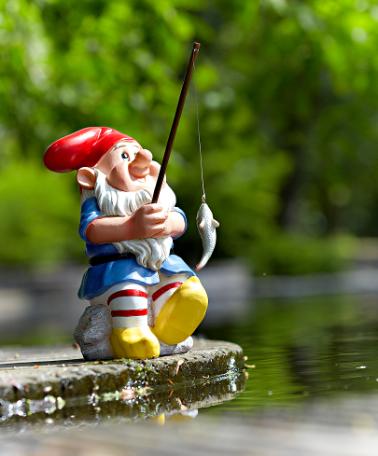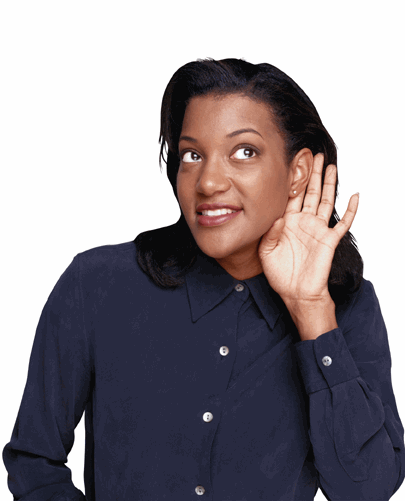We use verbs to talk about actions. For example,
fly, arrive, come, study, read, write
We use verbs to talk about different times and when we do something. For example, in the past (y
esterday), in the present (
today) or in the future (
tomorrow). These different times are called
tenses, so we have a
past tense, a
present tense and
a future tense.
Sometimes we also want to say how long we do something: every day, for a short time, at the moment. For this we need to use different types of tense. For example, we use a
present simple tense to talk about things we do every day, and we use a
present continuous tense to talk about things we are doing at the moment.
The most common English verbs are:
be have do say get make know go take see come think look want give use find tell work ask seem feel try leave call














